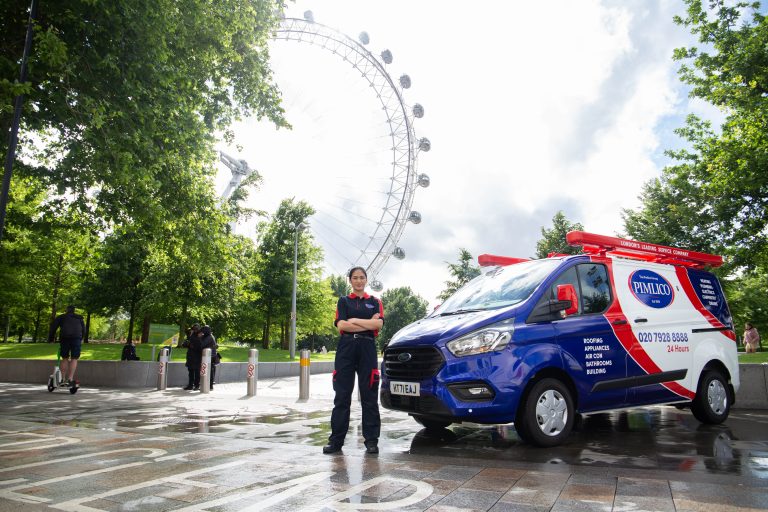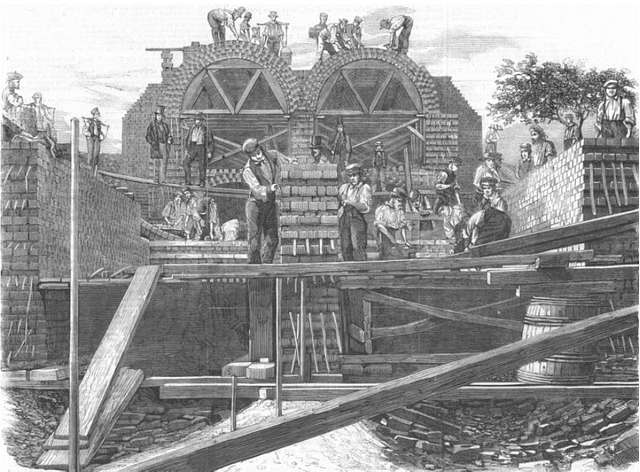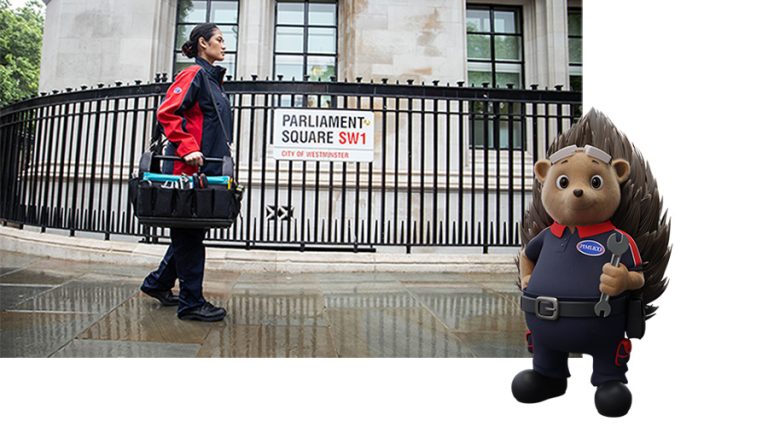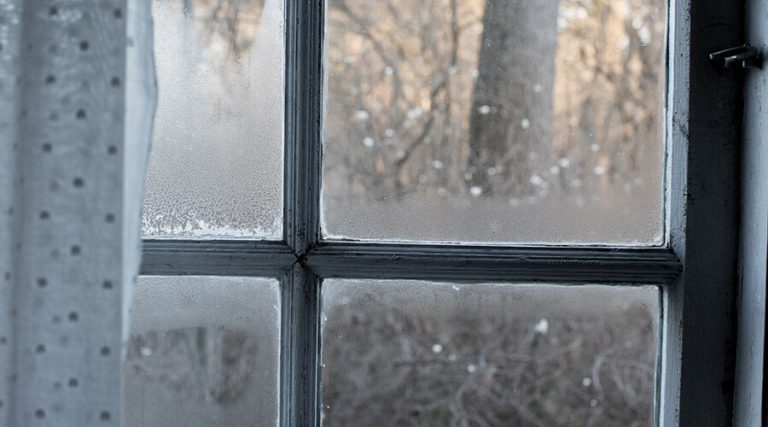Bonfire Night: Top Tips for Fire Safety in Your Home
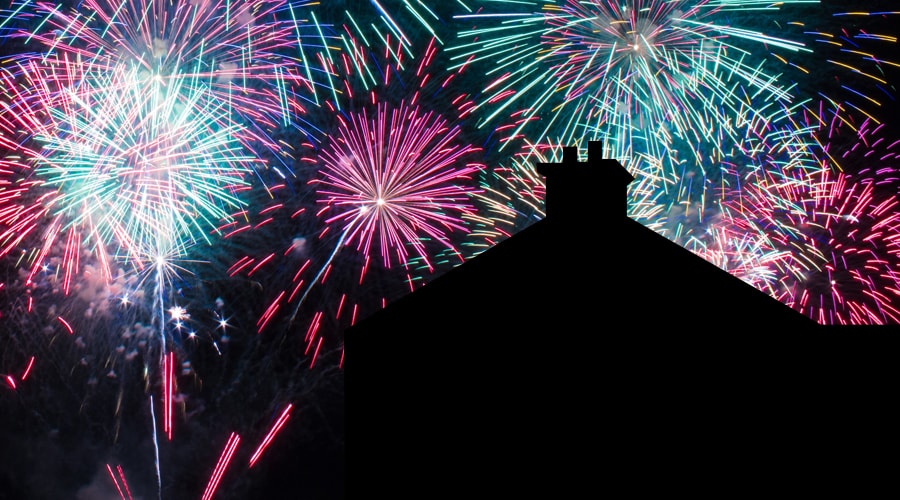
Remember, remember, the 5th of November as the day for us all to be reminded about the importance of fire safety.
This year, on Bonfire Night, be sure to take extra precaution around fire safety in your home as flames and fireworks are used in public abundance. Aside from the fire safety risks recorded around fireworks, according to the Home Office there are about 4,000 fires each year that are caused by faulty electrics, and most home fires start when people are cooking. So at this time of year, when nights are colder and darker and more of us a relying on our home electrics or appliances, having more awareness around home fire safety is hugely important.
When it comes to fire safety, we should all know the importance of having properly fitted and working fire alarms at home. But here are some answers to questions that you may not know:
Do you need an electrician to install a fire alarm?
Technically, anyone can fit a fire alarm. However, it is highly recommended that a qualified electrician installs your smoke detector and fire alarm. On average, 42 people die each year due to their smoke alarms not working correctly, as stated by the Home Office. Plus, you need to have your fire alarm certified in agreement with government regulations.
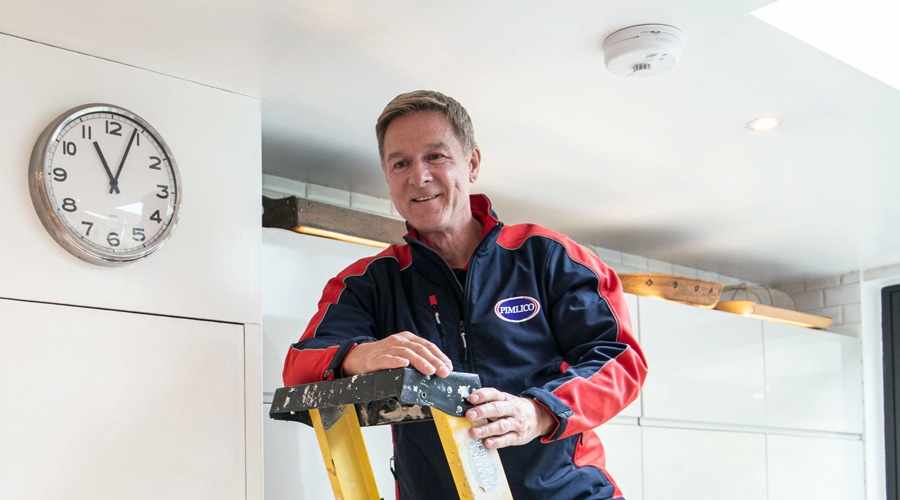
How do you install a fire alarm?
If you still have the manual, carefully read through it before installation. Since smoke rises, it is best that the fire alarm is mounted in the centre of the ceiling or four inches from the ceiling on a wall. The mounting base is separate from the alarm itself. Use the screw holes in the mounting base to mark where the screws will go with a pencil. Then, proceed to create the holes for the screws. With the plastic screw anchors, tap them with a hammer into the holes to secure them. Place the mount on the ceiling or wall and tighten the screws into place. You should then be able to fit your chosen smoke alarm onto the base.
Can I install a fire alarm system?
You can install your own fire alarm system, but you want to make sure you get it right. The first thing to consider is the type of fire alarm system you have. A hard-wired smoke alarm is connected to other detectors in your home with a battery backup included just in case you lose power. A mains-powered fire alarm typically needs to be installed by a registered Part P electrician. Wireless fire alarm systems may be easier to install yourself, but they need to be set up in every room where you will have each individual alarm. Regardless of who installs your fire alarm system, you legally need a fire safety certificate. That’s why it is usually worth having a skilled electrician do it, who has all the necessary paperwork and qualifications.
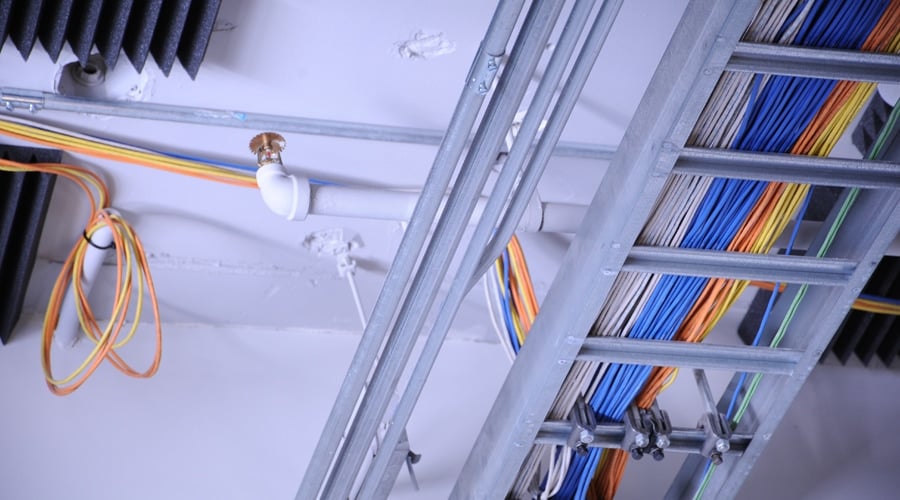
How is a fire alarm system wired?
This depends on the type of system you have. Mains-powered systems are supplied from the main wiring of the building and are usually connected on a single pair of wires for all areas of the home. Typically, they are wired in a complete loop returning to the panel. Hard-wired systems use cabling to transmit signals from devices to the system’s control panel. Whereas wireless fire alarm systems transmit their signals through a radio frequency.
At the end of the day, fire safety in homes is essential. During this Bonfire Night, when more people are using flames and fireworks, keep your home and family safe. You can use our helpful fire safety checklist below to ensure all is well in your home:
- Make sure you have fire alarms in your home, or install them and get them certified if you do not have them.
- Test your fire alarms to guarantee they work (at least once a month).
- Do NOT put the fire alarms in a bathroom or kitchen. The best place is on the ceiling in a hallway where you can still hear them while you sleep. Be sure to put an alarm on each level of your home.
- If your fire alarm is beeping, replace the batteries.
- When cooking, keep children out of the kitchen to avoid spilling hot items.
- Stay in the kitchen if you are cooking with fat and NEVER put water onto hot fat.
- Use plugs safely. Too many plugs in a single socket can cause a fire.
- Check for broken plugs or wires. If you are concerned about an item, unplug it and ask your local electrician to look at it.
- If you smoke cigarettes, be sure that you have fully extinguished the cigarette before leaving it.
- Put any candles on appropriate holders and keep them away from curtains and paper.
- Have a plan in place with your family on how to exit the premises if a fire starts.
- Do NOT try to put out a fire yourself. Call 999.
- If your clothes are on fire: stop, drop, and roll.
- If you cannot get out, call 999 and they will tell you what to do.
- If you are in a tall building and on a higher level, go down the stairs, if possible. Do NOT use the lift.
- Before bedtime close all inside doors, unplug things that use electricity that do not need to run overnight, check that the cooker is off, turn off heaters, and check that outside doors are clear.
Nothing is more vital than the safety of your home and loved ones. If you have any questions about fire safety in your home, please reach out to us. You can also sign up for our newsletter to get useful tips every month.

